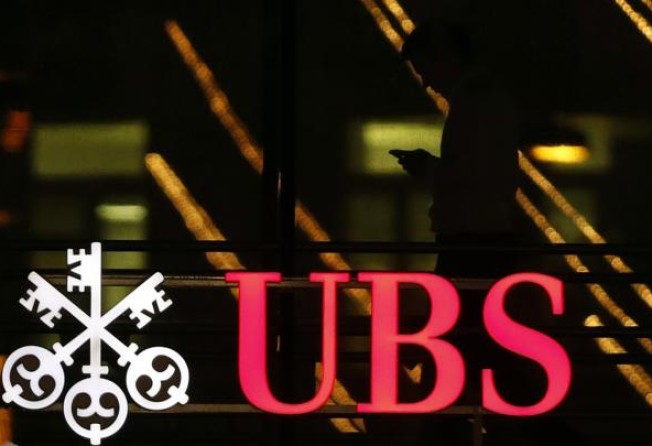What can UBS learn from Charles Dickens' ghosts

Like the Ghost of Christmas Past from Charles Dickens' beloved tale, A Christmas Carol, another scandal has come to spook an investment bank.
UBS closed the chapter on the US$2 billion rogue trader scandal in November, and has now settled with regulators, paying a record US$1.5 billion fine, for manipulating the London interbank offered rate.
The difference is that this time, instead of a single trader who acted on his own, this latest scandal appears systemic because it involves 40 employees working across national boundaries over five years.
To his credit, UBS CEO Sergio Ermotti has acted swiftly to settle with regulators and has shrunk non-core activities. However, the larger question is whether he can form a cohesive UBS culture and define a larger social vision.
Since the global financial crisis, global banks have been through a baptism of fire, with the subprime crisis and subsequent bailout, furore over bankers' pay, mis-selling of financial products, tax evasion and money-laundering scandals, and now the manipulation of Libor.
Nonetheless, as a banker turned environmentalist, I believe banks have an important place in making the world a better place. However, they must, to quote Sandy Weill, architect of Citigroup, ascribe to "a higher standard than the law".
To rebuild their reputation, banks not only need to address the culture of pursuing unrealistic short-term returns, but also how their activities affect the planet. To this end, addressing global warming must be on their list of priorities. Despite efforts to reduce their energy footprints, the largest effect banks can have on climate change is through their financing of carbon-intensive projects, such as coal power, or renewable energy. In this way, they play a vital role in allocating capital towards achieving a less carbon-intensive economy.
Financial Times writer John Gapper said that UBS' investment bank has "always lacked a heart". I offer a suggestion: For banks such as UBS, struggling to reaffirm their social utility, what better starting place is there than in having a firm-wide global commitment to addressing climate change, while subscribing to the highest standards of business ethics and prudence?
Global bank CEOs can perhaps take heed from another ghost in Dickens' tale, who said, "Mankind was my business. The common welfare was my business; charity, mercy, forbearance and benevolence were all my business. The dealings of my trade were but a drop of water in the comprehensive ocean of my business."
Calvin Quek, head, sustainable finance, Greenpeace East Asia